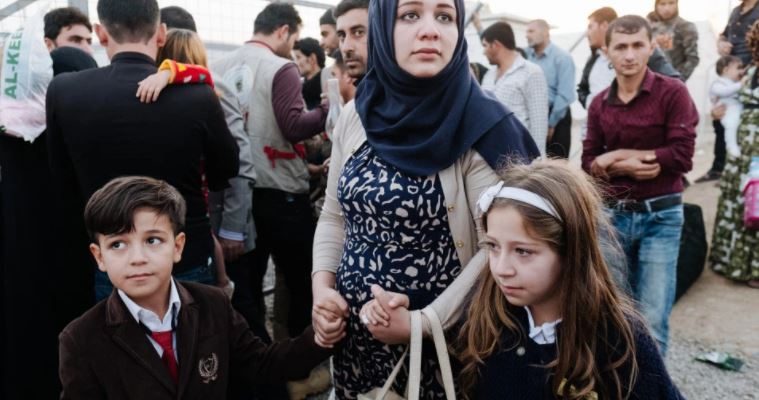LONDON and NEW YORK, July 14, 2017 – Iraqi Prime Minister Haider Al-Abadi has declared Mosul liberated from the so-called Islamic State (IS). While some fighting continues inside the city, the bulk of the military operation in Mosul is over. There is, however, no end in sight for the humanitarian crisis in that region unless action is taken by the global community.
Today, iguacu (weareiguacu.com), a nonprofit organization that empowers the public to support effective charities in areas experiencing severe humanitarian crises, offered a plan of action anyone in the world can follow, for humanitarian relief.
“Many people forget the extent of the humanitarian crisis in Iraq,” said Nathanael Chouraqui, Lead Researcher, Middle East, iguacu. “The focus on counter-terrorism efforts has overshadowed the stories of the millions of Iraqis caught in this war. The necessary first step toward humanitarian relief is to raise awareness and help pressure the international community for increased support.”
Over 700,000 people are still displaced from Mosul, and thousands live in critical shelter arrangements. 3.3 million people are displaced throughout Iraq. Drinking water is scarce and access to food is rapidly deteriorating. Humanitarian workers also fear for the many children who fled from Mosul and are left deeply traumatized by the horrors they witnessed. Eleven million people are still in need of humanitarian help throughout Iraq.
Moreover, IS remains in a number of towns and villages, such as Al-Qaim, Hawija, Tel Afar and Iman Gharbi, and hundreds of thousands of people still potentially live under their rule.
By raising awareness about the crisis, speaking to family and friends, and sharing information on iguacu on social media, every voice in the world can make a difference. For more information, please go to www.weareiguacu.com.

